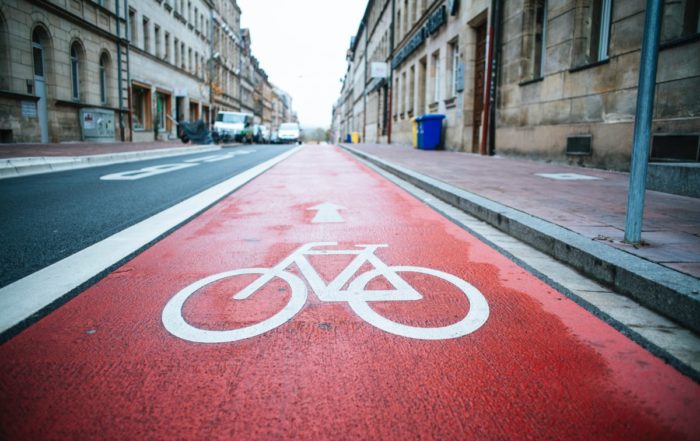Low volume, high frequency
Interview with Farideh Ramjerdi
In the interview with Farideh Ramjerdi, she emphasized the responsibility and power of change of politics on the one hand and the often-surprising interaction between technology and behavioural change on the other hand.
Turning social values in solutions for mobility behaviour is very culture-dependent and difficult to assess Ramjerdi states. They are rather indirectly connected with a strong influence by the direct social environment of people. Nevertheless, the individual has limited options. Motorisation in developing countries, like Ramjerdi experienced in a recent project in India, shows that the major obstacle to environmentally friendly behaviour is political will. Where investments in public infrastructure for instance are insufficient, less privileged groups suffer from accessibility problems. Furthermore, politics can steer the development through economic incentives and regulations for desirable behaviour in a combination with new technology:
“it is possible to promote ‘clean cars’ and at the same time have policies in place to limit the ownership and the use it so that it would not emerge as a dominant mode of transport and at the expense of more environmentally friendly modes”.
She argues and refers to an example from her home country; in Norway, parking restrictions and taxation of car ownership and fossil fuels have resulted in a large share of electric cars in the car fleet and an increase in electric bicycle due to high subsidies and cycling infrastructure. At the same time electricity in Norway is generated from renewable sources. She emphasizes that when shifting the drive technologies to electric, one should as well consider how electricity is produced “if electricity is produced by coal or diesel the outcome for climate would be worse”. The same holds for the production and recycling of batteries.
To emphasize the political role in this context she refers to an example from Norway. While the majority population spoke out against a city toll, it was introduced. Most cities in Norway have now launched toll and the political parties have overtime have directed a large part of the proceeds from toll to public transport and cycling, solely due to a shift of reasoning. Meanwhile, it is encouraging that the younger generation is more aware of environmental consequences of their behaviour and therefore a higher openness for measures is observable.
Reflections on the question of technological solutions or behavioural change for solving current problems lead Ramjerdi to recommend a combined solution. She talks about learning from the Covid-19 pandemic, where behavioural changes and technological developments may result in a long-lasting change of preferences. For instance, she refers to technologies that enable to work from home and have in turn a direct impact on opening-up new behavioural options, resulting in a decrease in commuting trips. On the contrary, E-commerce in urban areas has grown very fast during the last year under the motto ‘Low volume, high frequency’. Consequently, the lower frequency of individual trips has led to an increase in delivery trips. Here, technologies did indeed change individual behaviour, but the consequences for traffic are not unconditionally positive.
Interviewed by Jens Schade & Lisa-Marie Schaefer, TU Dresden
Related content
Low volume, high frequency
Low volume, high frequency Interview with [...]
If behaviours change, systems change
If behaviours change, systems change Interview with [...]
The concept of sustainability is connected with happiness
The concept of sustainability is connected [...]
What we need is a positive narrative or frame for a future healthy living
What we need is a positive [...]
As for the future we need a more balanced thinking
As for the future, we need [...]






